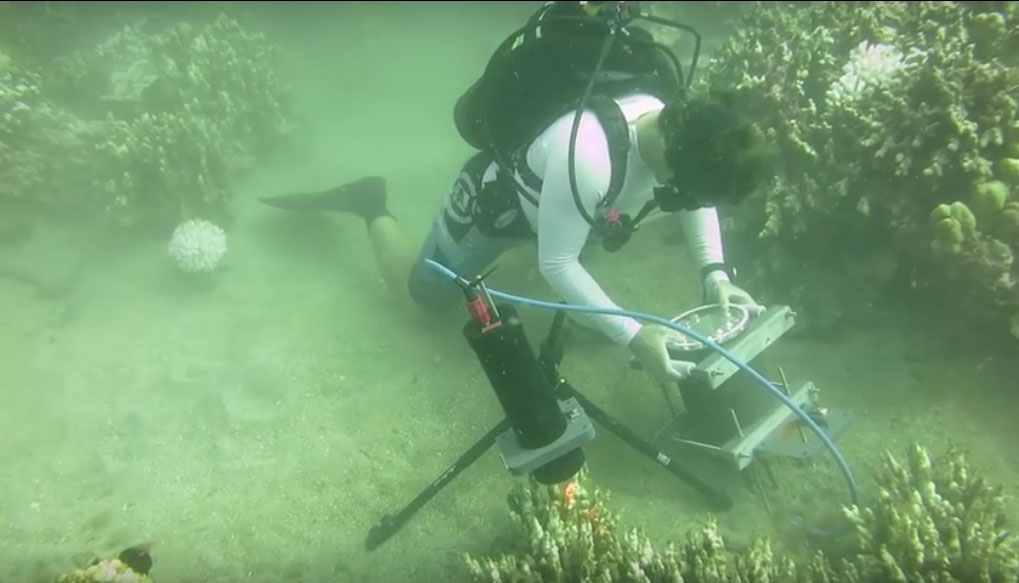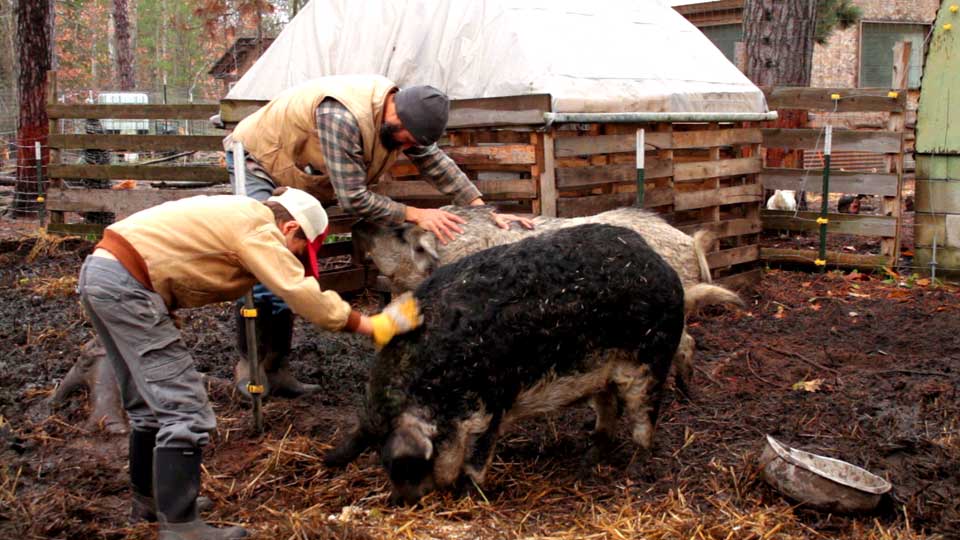Are You Getting Enough Iodine in Your Diet?
FIND OUT WHY IODINE IS IMPORTANT TO YOUR BODY AND THE BEST WAYS TO GET MORE
The importance of iodine had been swept under the rug for years while thyroid disease was at bay, but now interest in learning more is on the rise as people are recommended to invest in thyroid support through supplements and medication. So what’s the deal with deficiencies and how can we make sure we are getting enough? And what is with the “iodized” salt, people want to know if it is naturally occurring in salt, is it the preferred salt to buy and why would anyone ever buy salt that doesn’t have iodine added to it?
The salt at the grocery store reads “Iodized Salt” and we have been eating it this way since 1924. Generations have not had to ask why until recent studies have shown that our Iodine levels are in fact dropping again. People have been eating iodized salt for years and the general reason is: because we need to. It is pretty common for people to not know why we need it, what it does in our bodies and especially if eating iodized salt is in fact the best way to get it.
I heard a few years back that the majority of people are actually deficient in iodine and should be taking it in a supplement form. Michigan, along with the other states bordering the Great Lakes, is part of the ‘goiter belt’ meaning that we are all low on the element because of where we live and what we don’t eat. When iodine was added to salt the U.S. saw an incredible decrease in goiter (a painful enlargement of the thyroid gland which leads to an unsightly swelling around the neck) making iodized salt seem like a success.

Eating fresh seafood like sardines, salmon, tuna, scallops, and shrimp are good ways to get naturally occurring iodine. Other iodine rich foods include: eggs, seaweeds (kelp, spirulina, chlorella), and yogurt.
While salt is a cheap and easy way for the majority of people to have access to iodine, the iodized salt is in fact only 10% bio-available (meaning that after it is ingested only 10% is absorbed and available for the body to use) and while it is enough to prevent goiter disease it is not enough to keep the thyroid and other body tissues healthy.

Mineral rich salts can be found in health food stores and co-ops which contain iodine. You can find them locally at the Marquette Food Co-op.
When iodine is added to salt it is added to refined, lifeless salt that has been stripped of its natural nutrients and has been exposed to toxic chemicals during the whitening process. Recent studies are finding that the FDA has tested several salt samples and companies are no longer adding the sufficient amount of iodine to prevent goiter. In addition, many people prefer unrefined salts or are cutting salt out of their diets completely because of high blood pressure and cardiovascular disease, all contributing to an increase in awareness of the deficiency.
Of all of the vitamins and minerals that we take for prevention and good health, iodine is not one commonly discussed or known about. If we don’t have goiter we assume we are getting enough, but more studies are showing that thyroid dysfunction and other various diseases are related to our body’s lacking the proper amount.
Iodine is needed to maintain proper thyroid gland production. The thyroid gland produces the thyroid hormones which regulate the body’s metabolism, body temperature, heart rate, glucose consumption and blood lipid levels. It protects against various cancers including breast, stomach, esophagus, ovary and uterus cancer.
Living here in the goiter belt, we have one of the highest rates of breast cancer. Our soil is almost completely void of iodine so the crops we grow are naturally a low source. Studies conclude that areas with low iodine levels in the soil (most of the U.S.) are also the areas with the highest risk of breast cancer.
Ocean fish and sea vegetables are a great source of iodine, but if these things are not a part of the daily diet our bodies will be deficient. Countries like Japan that have high levels of iodine in their soil and consume mostly fresh sea food (consuming about 25 times as much iodine in their daily diet) have a third of the chance of developing breast cancer that we do here in the United States.
Iodine deficiencies can be corrected with supplementation. Have your levels checked at your next doctor appointment.
Read this article to get info about where to get Japanese style cuisine in Marquette at: Teamaki & Tea
Piccone, Nancy. “The Silent Epidemic of Iodine Deficiency.” Life Extension Magazine. 10/2011. www.lef.org. 2/14
Brownstein, David. Iodine, Why We Need It, Why You Can’t Live Without It. West Bloomfield, MI. Medical Alternative Press. 2009















You must be logged in to post a comment Login